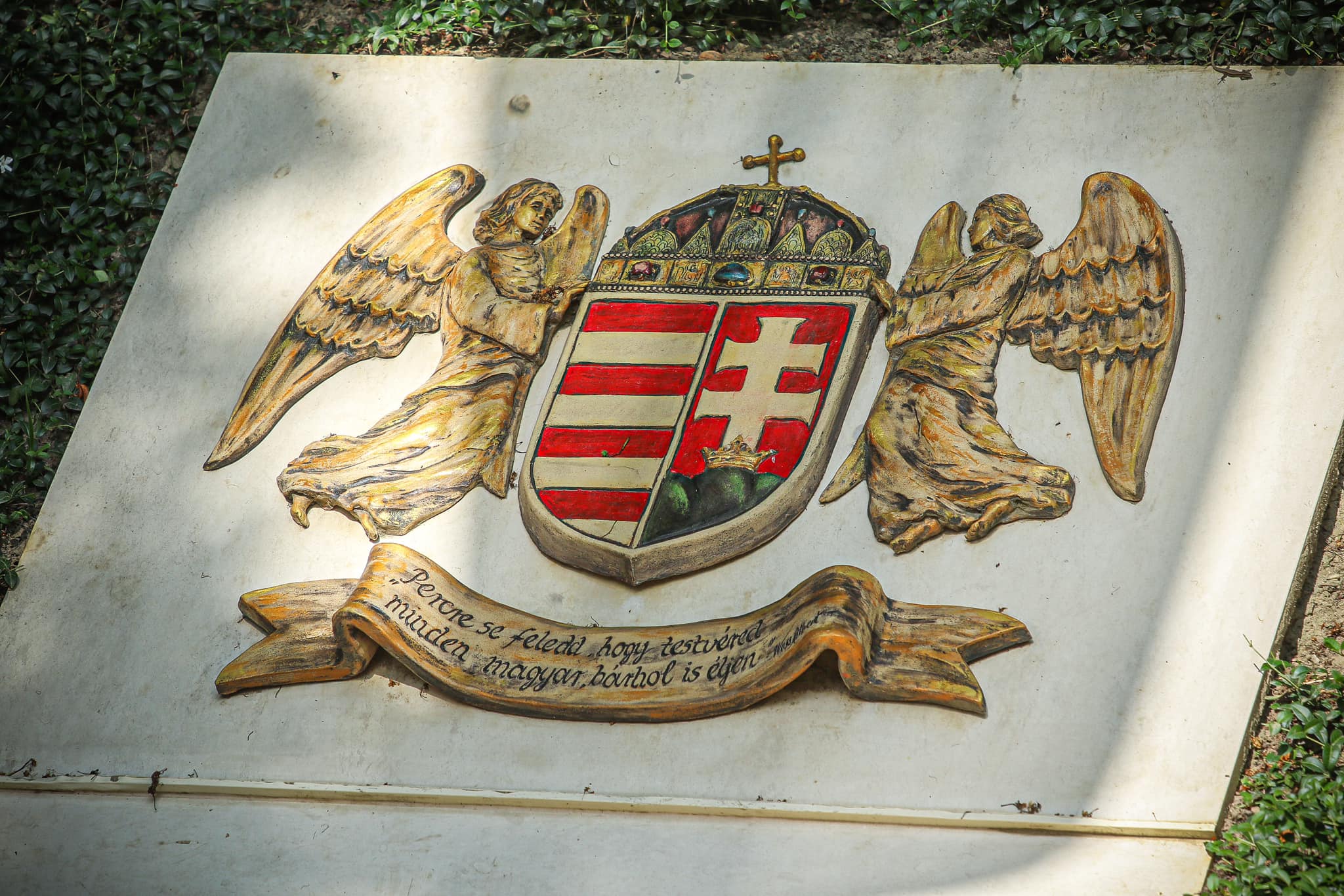
The State Secretary for national policy said that looking back over the 100 years since the Treaty of Trianon, the Hungarian people are "alive and well despite all odds, the greatest nation in the Carpathian Basin."Continue reading
Hungarian organizations abroad will receive a total of HUF 2 billion (EUR 5.25 million) in grants under the Caring Nation program, Árpád János Potápi announced at a well-attended press conference in Budapest on Tuesday.
The state secretary for national policy said that 4,109 applications from the Carpathian Basin and the diaspora had been received by June 5. Out of those, 2,571 applications will be supported, meaning 62 percent of the applications received can be funded.
A total of HUF 1.5 billion (EUR 3.93 M) has been earmarked for the operation, development, and acquisition of equipment, with grants ranging from HUF 300,000 (EUR 791) to HUF 5 million (EUR 13,188).
Examples include the construction of an artificial ice rink in Csíkkarcfalva (Cârța, Transylvania), the renovation of a school in Csákányháza (Čakanovce, Slovakia), the renovation of the church roof in Felsőhegy (Gornji Breg, in Vojvodina, Serbia), support for the cultural association in Újbezdán (Novi Bezdan, Croatia), the operation of social kitchens by St. Panteleimon Caritas in Transcarpathia, and supporting the operation of Radio Bocskai in the USA.
Half a billion forints (EUR 1.3 M) was earmarked to support programs and events, with the amount available for applications ranging from 300,000 (EUR 791) to 1 million forints (EUR 2,638), also in non-refundable form. 1,767 applications were received and 1,147 grants were awarded.
Among the projects that benefited from the funds were the organization of the Main Square Festival in Baia Mare (Nagybánya in historic Hungary, in today’s Romania), the realization of the Hungarian Music Award of Slovakia, the organization of the first Vojvodina table tennis meeting of the Carpathian Basin in Tóthfalu (Totovo Selo, Serbia), the realization of the nursing education of the Christian Diaconal Charitable Foundation in Transcarpathia, and the organization of the Folk Dance Festival in Canada. It is also worth mentioning the promotion of “Hungarian Days” in Kruševo, northern Macedonia, where refugees of the 1956 Hungarian Revolution were once accommodated.
As for the regional breakdown of applications received, Transylvania (in today’s Romania) ranks first, followed by Slovakia, Vojvodina in Serbia, Transcarpathia, Croatia, the Slovenian Übermur region, and the Diaspora.
In terms of grants offered, Transylvania ranks first, followed by the diaspora – with priority support for Hungarian weekend schools.
The politician stressed that despite the difficult economic and war situation, the government will not abandon its strategic goals: it will continue to strengthen Hungarian institutions abroad, Hungarians living abroad can continuously and predictably rely on the motherland and all members of the nation, and all community networks built during the theme years will be maintained and operated.
Children and young people are at the center of the programs, and they all try to reach the youth, and through them, parents and grandparents,”
the State Secretary pointed out.
The government wants to continue to promote coordination of programs and events at the local level and collaboration among community networks, he emphasized. It remains important to build community networks, be it students, young people, historic churches, entrepreneurs, educational institutions, or even teacher organizations. Even the Hungarian distillers at home and abroad want to share their experiences in their own network, the politician added as a side note.
Starting this year, the program will be called Caring Nation. The program is divided into sub-programs for education, culture, church, sports, youth/scouts/community, and diaspora, which are interlinked. Within the latter, support for the Carpathian Basin and diaspora communities has been separated, the politician noted.
Via Ungarn Heute. Featured image: Ungarn Heute